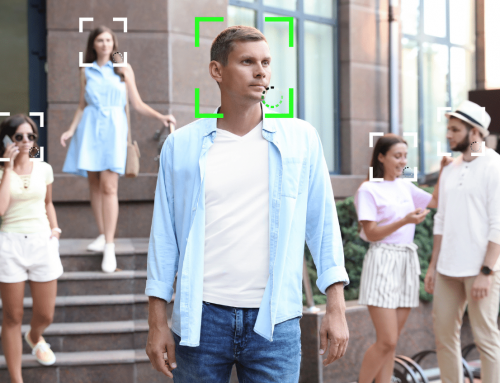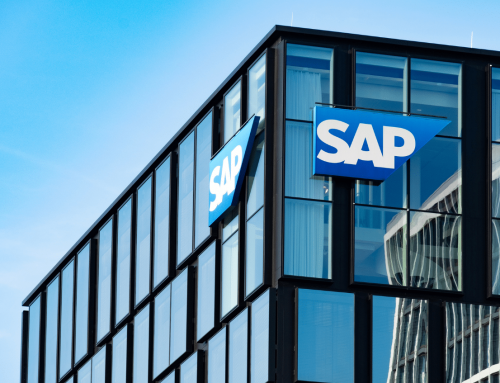Saving via app - but at what price?
It promises discounts, coupons and exclusive offers: The Lidl Plus app has long been an integral part of the weekly shopping routine for many customers. More than 100 million people use the digital savings tool worldwide - the app is particularly popular in Germany. But now the discounter is in court. And the proceedings are tough.
Because the question is: do you really only pay with money at Lidl - or also with your data? The answer could soon be provided by the Federal Court of Justice or even the European Court of Justice. The Stuttgart Higher Regional Court not only intends to pass judgment on September 23 - it is also allowing an appeal. The dispute is uncharted legal territory with a signal effect for the entire retail sector.
What the consumer advocates accuse Lidl of
The Federation of German Consumer Organizations (vzbv) has sued Lidl. The accusation: The discounter did not provide sufficient information about the fact that the discounts from the app are "paid for" with personal data - i.e. with shopping behavior, location data or click behavior. The service itself is free of charge. But the consumer advocates say that what doesn't cost in euros can still be expensive.
The criticism is aimed at two points:
- Non-transparent terms of use that do not clearly state how data is used.
- Lack of information before the user contract is concluded - i.e. before the app is actively used.
Key question of the proceedings: Does a retailer have to clearly state that personal data is the currency for discounts?
Free does not equal free - where does the service in return begin?
The presiding judge, Oliver Mosthaf, put it in a nutshell during the hearing: "We have a relatively simple set of facts and a rather complicated legal situation." The question is of a fundamental nature: is it permissible to call an offer "free" if data has to be supplied for it? Or is this - legally speaking - already a "consideration"?
The Higher Regional Court of Stuttgart does not hesitate to name the dimensions of the case: It is about fundamental information obligations for digital bonus programs - in other words, an issue that extends far beyond Lidl. Therefore, the ruling of September 23 will probably not be the last word. An appeal to the Federal Court of Justice or even the European Court of Justice is conceivable.
Welcome to the new reality
Anyone who says "free" today will have to explain what it actually means tomorrow. The ruling in the Lidl case could be a real game changer - for consumers, but also for companies.
Because: discounts in exchange for data - it sounds harmless, but it's not. Most users don't know what happens to their data. And companies are too comfortable to make this clear. We think so: Anyone playing with customer trust should not be allowed to hide behind "free".







